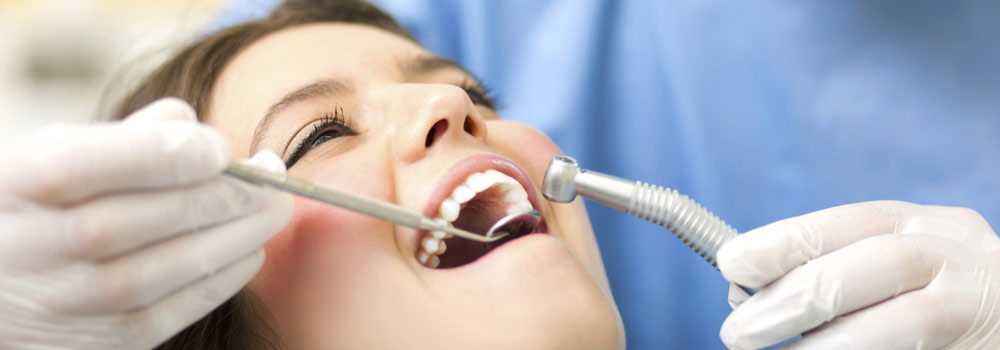4 Ways An Unhealthy Smile Can Impact Your Health

If you suffer from bleeding gums, painful cavities, and chronic bad breath, your family dentist in West Linn wants you to know that you face bigger problems than just an unhealthy looking smile. What happens in your mouth can seriously impact other parts of your body, occasionally in some major ways.
But how does oral bacteria impact the health of your body or increase your risk for non-dental related diseases? Harmful oral bacteria can spread to other parts of the body, according to researchers. The most commonly accepted theory states that oral bacteria enters the bloodstream through cracks that develop in the gum line of patients suffering from gum disease. As this bacteria moves to different parts of the body, it causes inflammation to develop. Inflammation is considered to be the root cause of all systemic disease in the body.
To gain a better understanding of just what’s at stake when it comes to how your oral health can impact your overall health, here are a few examples of what an unhealthy smile can do to your body.
Increased Risk of Stroke and Heart Disease
A number of recent studies have found that an association between gum disease – known as periodontitis in its more advanced stages – and heart disease, as well as an increased risk for stroke.
What links these conditions is that the same bacteria responsible for causing gum disease symptoms such as bleeding gums, inflammation, and bone loss can travel from the mouth into the arteries of your heart. Once there, bacteria can attach itself to the walls of the arteries that provide blood to the heart, causing small blood clots to form. A buildup of clots causes the arteries to become clogged, increasing the risk of blood flow being restricted to the heart.
When a clot becomes large enough to block the flow of blood to the heart, a heart attack can occur. These clots can also break free from the walls of your arteries where they can move towards the brain and interfere with blood flow, potentially leading to a stroke.
Increased Risk of Cancer
Just as the harmful oral bacteria that causes periodontitis makes gum tissue inflamed, it can also cause similar reactions to develop in other tissues located throughout the body. Inflammation has long been associated with cancer growth, as tumors begin to spread, more tissues becomes inflamed and damaged.
Inflammation may be what links cancer risk and periodontitis, according to a new study published in the journal Cancer Research. The study found some of the types of bacteria that cause the development of periodontitis may also be linked to a higher risk for esophageal cancer.
Another study, published in the Annals of Oncology, found that men with gum disease were 13 percent more likely to develop cancer overall. Those with an advanced form of gum disease were 45 percent more likely to receive a cancer diagnosis. Cancers most closely linked with smoking – such as esophageal, throat, lung, bladder, stomach, and liver – had their risk factors increase the most.
Increased Risk of Prostate Problems
The enzyme prostate-specific antigen (PSA) is normally created by the prostate in small amounts. But when the prostate become infected or inflamed, the amount of PSA produced increases, notes the American Academy of Periodontology.
The AAP states that men with indicators for gum disease typically suffer from higher levels of PSA, as well as increased inflammation of the prostate. That’s a potential cause for concern, as it can lead to a condition referred to as prostatitis, which impacts the prostate health of men of all ages. Prostatitis can cause discomfort during urination, pain in the perineum, and a constant feeling of the need to urinate.
Protecting Your Oral Health
Studies conducted by the AAP have found that men have a higher risk for developing periodontist – 56 percent – when compared to women – 38 percent. Men are also less likely to visit the dentist where common oral health issues such as cavities, dental plaque buildup, and oral exams can be addressed.
Fortunately, you can significantly lower your risk for all of the health problems discussed above by taking care of your oral health and by regularly visiting your family dentist in West Linn. Regular dental care will provide Dr. Dugger with the opportunity to treat any oral health issue quickly before the problem can further progress into a far more serious condition.
Don’t put your oral and overall health at risk. Visit our team at Dugger Dentistry and take the time to brush and floss daily.
